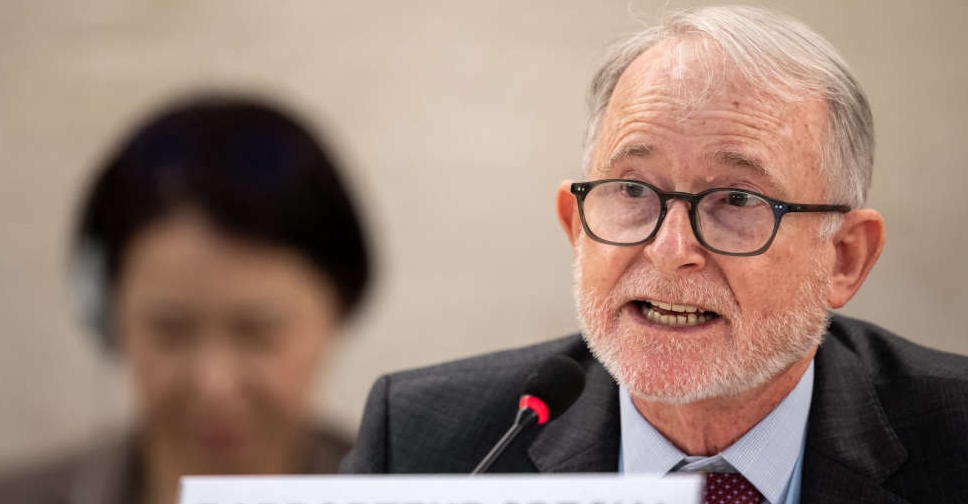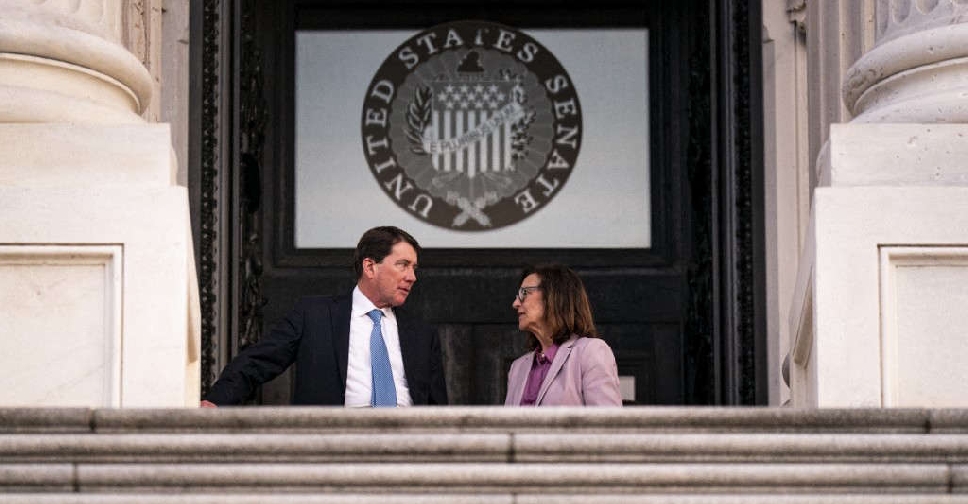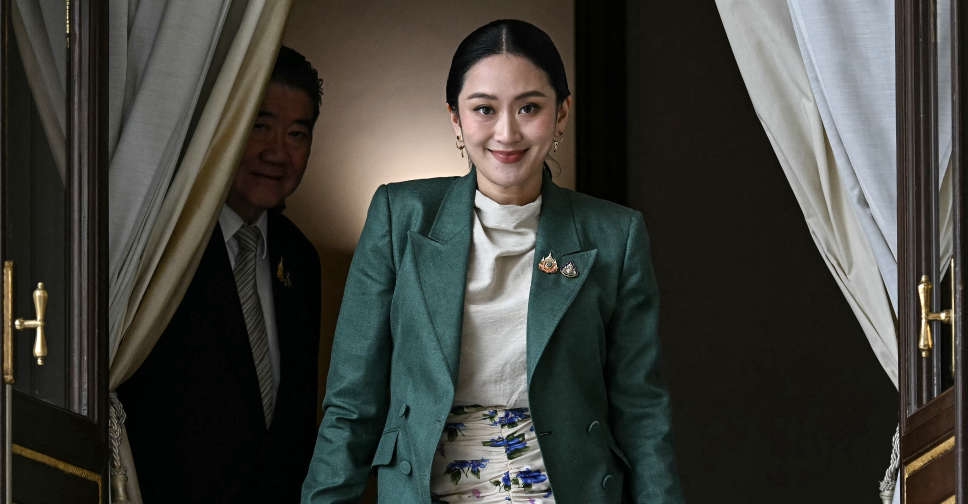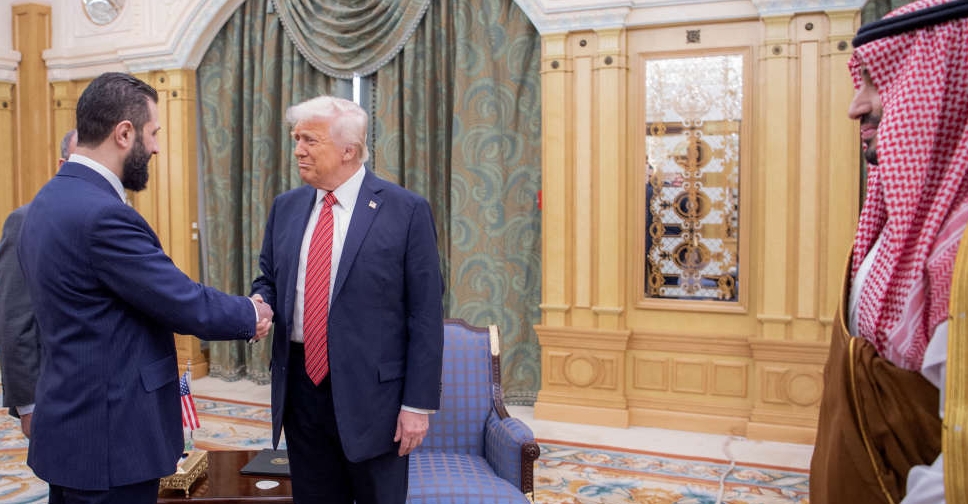
The Taliban have barred United Nations-appointed special rapporteur Richard Bennett from entering Afghanistan, the administration's spokesperson told local broadcaster Tolo, accusing the human rights watchdog of "spreading propaganda".
Bennett was appointed by the United Nations Human Rights Council in 2022 to monitor Afghanistan's human rights situation after the Taliban took over the previous year.
Bennett, who has previously said the Taliban's treatment of women and girls could amount to a crime against humanity, is based outside Afghanistan but has visited several times to research the situation.
The UN Human Rights Council did not immediately respond to request for comment. Bennett could not immediately be reached for comment.
The Taliban administration's foreign ministry spokesperson Abdul Qahar Balkhi told Reuters Bennett "had been unable to acquire a travel visa to Afghanistan".
"Even after repeatedly requesting Mr. Bennett to adhere to professionalism during work ... it was decided that ... his reports are based on prejudices and anecdotes detrimental to interests of Afghanistan and the Afghan people," Balkhi said.
Taliban administration spokesperson Zabihullah Mujahid has previously said the Taliban respect women's rights in accordance with its interpretation of Islamic law and local customs. He told Tolo that Bennett would not be allowed to come to Afghanistan, a rare public barring of an individual foreign official.
"Mr. Bennett's travel to Afghanistan has been prohibited because he was assigned to spread propaganda in Afghanistan... He used to exaggerate minor issues and propagate them," Mujahid said, according to Tolo.
Three years into their rule after foreign forces withdrew, the Taliban have not been formally recognised by any foreign government.
Foreign officials, including Washington, have said the path towards recognition is stuck until the Taliban changes course on women's rights, having barred most girls over the age of 12 from schools and universities, banning women from parks, and stopping most long-distance travel by women without a male guardian.
Afghanistan's central bank assets have been frozen and many senior Taliban officials are subject to UN travel restrictions that require them to seek exemptions to enter other countries.
The UN has been trying to find a unified international approach to dealing with the Taliban. In June, top UN officials and envoys from up to 25 countries met the Taliban in Qatar, receiving criticism from human rights groups for not including Afghan women and civil society representatives at the meeting.
The UN mission to Afghanistan also operates from Kabul and monitors and reports on human rights issues.



 US Senate passes Trump's tax-cut, spending bill; sends to House
US Senate passes Trump's tax-cut, spending bill; sends to House
 France shuts schools as heatwave grips Europe
France shuts schools as heatwave grips Europe
 Blow for Thailand's government as court suspends PM from duty
Blow for Thailand's government as court suspends PM from duty
 Trump signs order lifting sanctions on Syria, White House says
Trump signs order lifting sanctions on Syria, White House says



